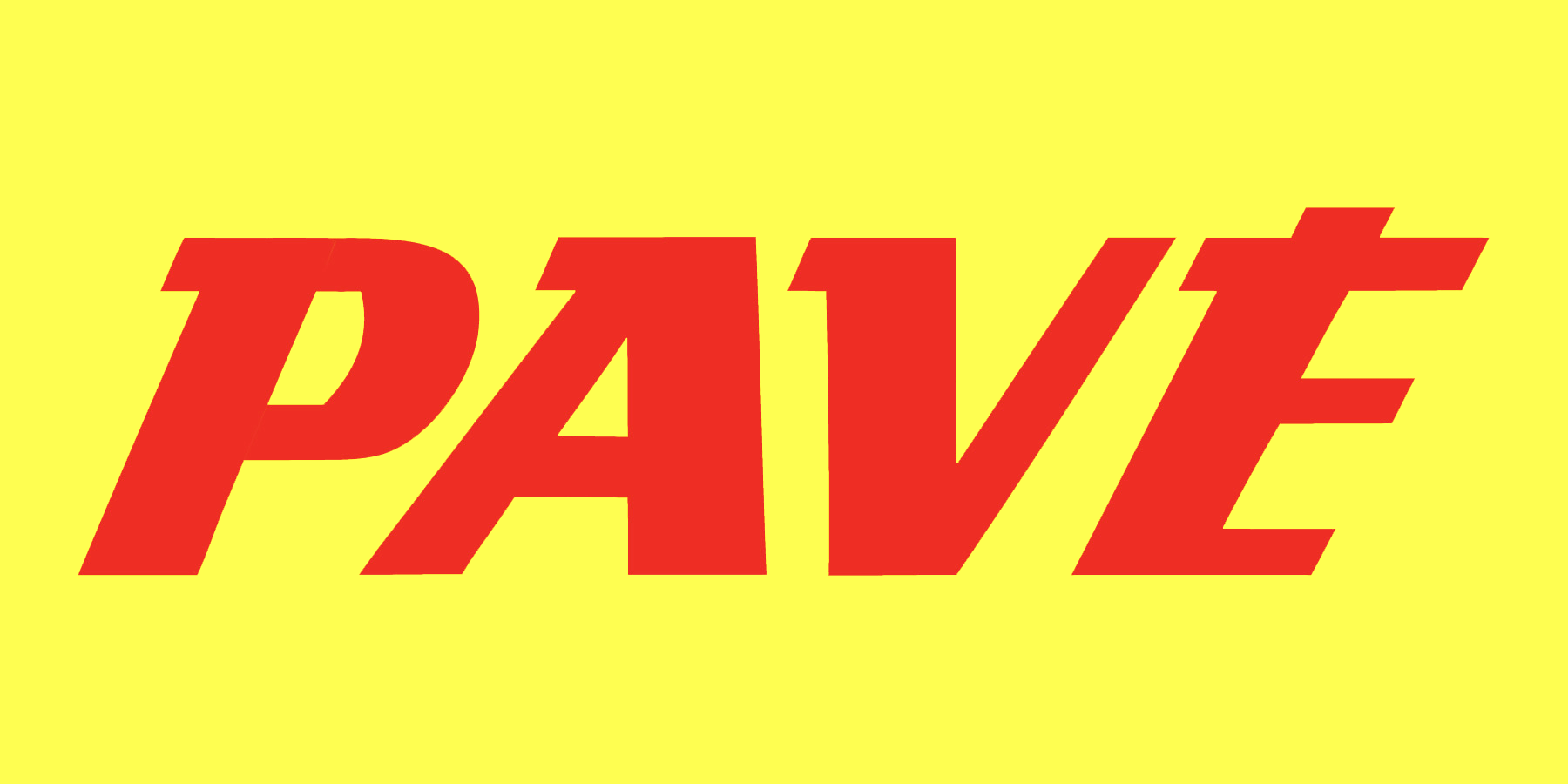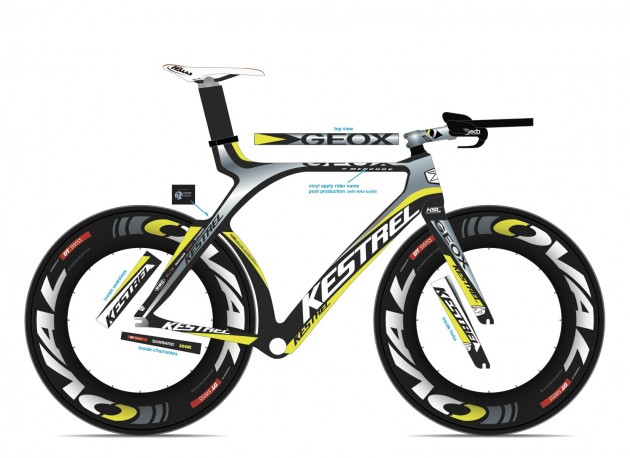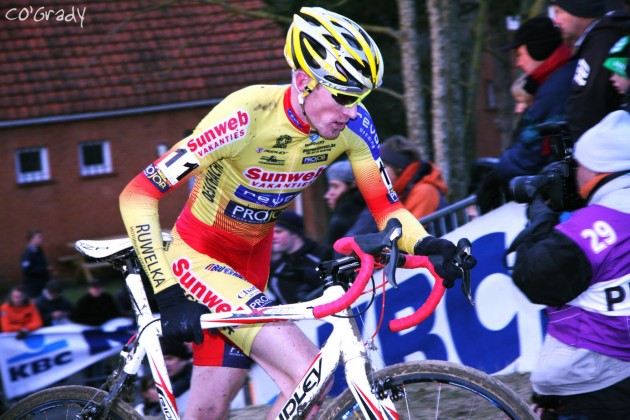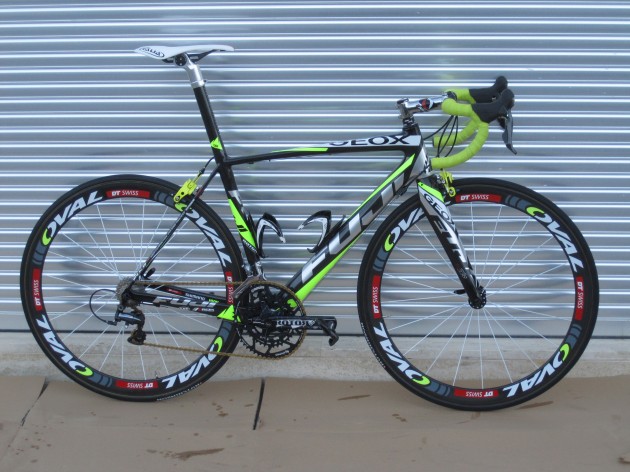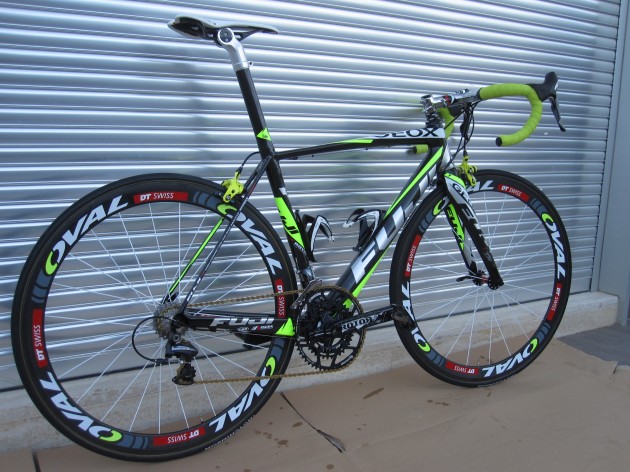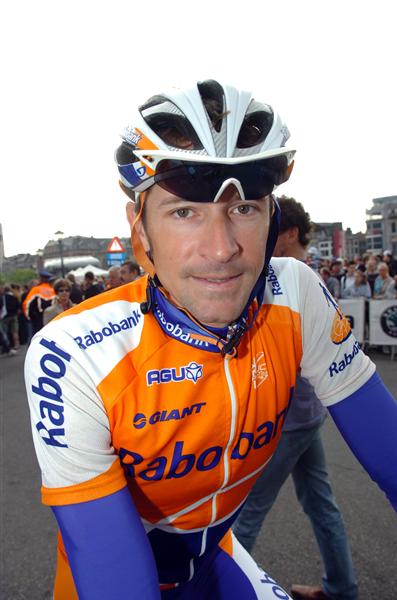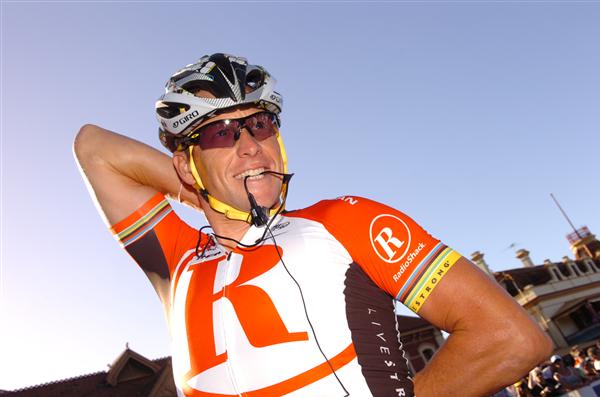
Fotoreporter Sirotti
As the radio ban debate is taking full flight at the moment, two opposing parties have been set; The UCI with their desire to rid the peloton of radio equipment, and the riders, teams and most cycling fans who feel that radio’s play a key part in professional cycling.
The UCI’s argument was first implemented at the 2009 Tour de France, on Stages 10 and 13, where the race was to run sans-radios. The immediate reaction from the riders after Stage 10 was extremely strong, with veteran hard-man Jens Voigt stating that “Next they’ll be asking us to ride for two days without helmets, or without cables in our brakes”. The day had not been a great success for the UCI’s new rule, with rider protests such as Rabobank rider Grischa Niermann’s home-made antenna making a mockery of the decision. Voigt also revealed in an interview that “The racing was far less exciting, we were slower and for the spectators that’s less fun. The riders were scared to make a mistake so they ended up doing nothing.” The radio ban’s future was looking quite dull at that point, and the UCI lifted the ban from Stage 13 due to the amount of opposition to the idea.
But now that 2011 has started the UCI are flexing their decision-making muscles and coming up with new and re-vamped ideas, such as the ‘UCI Approved Equipment’ ruling, and of course, the radio ban in .1 and .HC races in the cycling calendar, in addition to the previous radio ban.
The updated 2011 UCI legal document (2.2.024) states:
During the following races:
- world championships
- national championships
- men elite, class HC, 1 and 2 events and events on the national calendar
- women elite, class 1 and 2 events and events on the national calendar
- men under-23
- junior men
- junior women
the use of radio links or other means of remote communication with the riders is not permitted.
With the exception of the events listed above, a secure communications and information system (the “earpieceâ€) is authorized and may be used for safety reasons and to assist riders under the following conditions:
- the power of the transceiver may not exceed 5 watts;
- the range of the system shall be limited to the space occupied by the race;
- its use is limited to exchanges between riders and the team manager and between riders of a same team.
The use of such a system is subject to any relevant legal provisions and to thoughtful and reasonable use with respect for ethics and the rider’s freedom of decision.
However, for the individual and team time trials, radio links or other means of remote communication with the riders might be used.
Note that riders are forbidden to use a mobile telephone while riding a race. [Sorry, Cipo.]
The use of any other system is subject to prior authorization from the equipment unit of the UCI in accordance with article 1.3.004.
That’s a lot! To make things clear, these are just a few of the new races that will have to enforce this added ruling:
Jonathan Vaughters spoke freely in a report on Cyclingnews.com stating that he “didn’t really see the big deal” when the ban was originally discussed, and that his main concern “was far more focused on other issues that pertained to the financial health of cycling and anti-doping”, but later realized that doing so “was a big mistake.”
The International Association of Professional Cycling Teams (AIGCP) have informed both the UCI and Pat McQuaid that they do not support the new rulings, with an 18-2 result against it in a vote involving team representatives. A similar study was conducted by the Association of Professional Racers (APR), in which a questionnaire was distributed to riders in Italy, France, Spain, Switzerland, Holland, Belgium and Portugal. The result was a near-unanimous result of 207-40 in favor of the use of “earphones without any restriction.â€
On the other hand, Omega Pharma-Lotto star Philippe Gilbert has outlined his support of the radio ban at the team’s press conference in Mallorca, backing up his reasoning with his experiences without radio communication during races such as the World Championships and the Giro di Lombardia. The Classics specialist reacted to statements that racing will be too dangerous without radios with a convincing counter-statement that “it’s also dangerous when the directors tell everyone that they need to be in the first ten coming into a tricky corner. Everyone goes full gas trying to move to the front.â€
There have been several compromise situations proposed, for example, allowing riders to communicate via radio with their teammates but with no contact to the team cars. This would encourage the riders to debate and interact as a team when it comes to decision-making, and not resort to being fed instructions by the team car, while still being able to inform riders of crashes and other dangers during the race.
Some compromises have gone a step further to appease the UCI, with Rabobank’s elaborate proposal of broadcasting radio communications during racing, giving fans a new insight into the world of professional cycling whilst strengthening the transparency of cycling as a whole. “They (the fans) can experience more of the race.†Rabobank representative Luuc Eisenga stated “We support transparent communication during races.”
If the ruling is carried through, the new generation of professional cyclists may not be as put-off by the absence of radio communication as more seasoned professionals. This is due to the fact that U23 and junior races are already radio-free, and will be entirely second-nature to them when they step up into the professional ranks.
The ball is firmly in the UCI’s court after AIGCP’s all-too-serious statement of “We the teams are anxious to begin our racing seasons, however we feel that it will be unsafe and unfair to participate in races without the best communication technology available.â€
Given the UCI’s current struggles with technology, it’s anybody’s guess as to whether we’ll see a radio-free Europe anytime soon.
What are your thoughts on the subject? Share them below.
